Community-driven installation of Improved Cookstoves across Rural India
- Proposed areas of implementation
- Potential areas of implementation
Project Partner
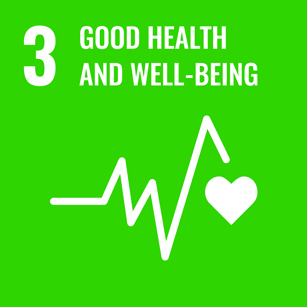
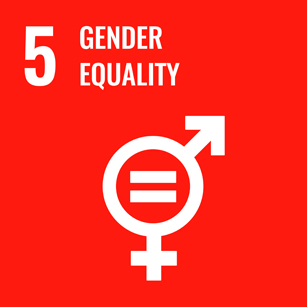
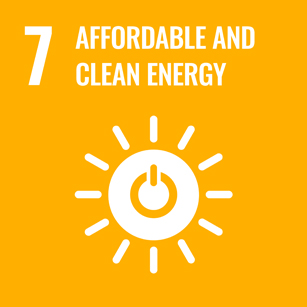
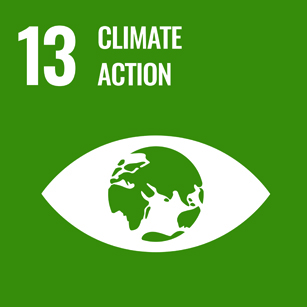
Incomplete combustion of biomass in traditional cookstoves without chimneys is a significant challenge in rural India, leading to indoor air pollution and posing serious health risks to the inhabitants. The harmful effects of these practices include respiratory diseases, eye problems, and increased mortality, disproportionately affecting women who spend more time cooking indoors. To address these issues, TIDE’s project focuses on installing energy efficient Sarala cookstoves, co-designed with the Indian Institute of Science (Bangalore), in rural households, improving indoor air quality, and promoting sustainable consumption of biomass. By reducing reliance on biomass fuels, this initiative aims to mitigate the adverse health impacts on women and children, while also mitigating greenhouse gas emissions.
The project’s primary objectives are to install 1,000 Sarala cookstoves, leading to an estimated 40-45% reduction in biomass fuel consumption and a 35-40% decrease in carbon emissions. These cookstoves are expected to reduce indoor air pollutants, such as PM 2.5 and CO levels, by 80-85%, significantly improving household air quality.
The project also aims to generate economic opportunities for the community, with 20-25% of project funds earned by community members through stove-building and related activities. Key stakeholders include community members, local partners, and stove users, all of whom play crucial roles in awareness and training efforts. By aligning with the thematic pillars of sustainable consumption, climate action, and improved livelihoods, the project not only addresses immediate health and environmental challenges but also supports long-term benefits such as forest conservation and enhanced well-being for rural communities.
Context
Traditional cookstoves, prevalent in rural communities, exhibit a multifaceted array of deleterious impacts. Notably, they contribute significantly to carbon emissions, black carbon (soot), and various volatile organic compounds. These emissions are major contributors to indoor air pollution, leading to adverse health effects. In India, the World Energy Outlook reports that, approximately 840 million people rely on traditional biomass cookstoves for their cooking needs.
Based on surveys conducted by TIDE and supported by secondary research, it was inferred that the transition to LPG for rural households remains a distant prospect due to affordability and logistical challenges, particularly in forest and forest fringe areas. Moreover, social culinary preferences, such as the preparation of ragi balls, and cultural habits related to taste are difficult to replicate on an LPG stove. Traditional cookstoves, prevalent in rural and forest fringe regions, burn excessive amounts of solid fuels like wood, coal, or biomass, exacerbating deforestation. The level of CO2 emissions from these traditional biomass-based cookstoves varies based on factors such as fuel type, stove design, combustion efficiency, and cooking practices, but they consistently contribute to significant greenhouse gas emissions. On average, traditional biomass cookstoves emit between 2 to 5 metric tons of CO2 equivalent per household per year.
The release of CO2 and other harmful gases during combustion contributes to the concentration of greenhouse gases in the atmosphere, thereby exacerbating global warming and climate disruption, which disproportionately affect vulnerable communities. The utilisation of traditional cookstoves leads to indoor air pollution due to the incomplete combustion of solid fuels, exposing households, especially women and children, to harmful particulate matter and pollutants. According to the World Health Organization (WHO), indoor air pollution is responsible for approximately 3.2 million deaths worldwide. In India, indoor air pollution is responsible for approximately 1.3 million deaths annually.
Furthermore, women in India play a significant role and occupy a central position in domestic culinary affairs, assuming primary responsibility for culinary tasks within households. This demographic predominance exposes them to increased susceptibility to indoor air pollution within the household originating from inefficient combustion of solid biomass fuels. Moreover, women spend more than two weeks annually gathering traditional biomass fuels, a labour-intensive activity that heightens their exposure to potential risks, including encounters with wildlife.
Based on the above-mentioned context, the following are the specific challenges that this project aims to address:
- Indoor Air Pollution and Health Impacts: In rural areas, the prevalent use of traditional firewood cookstoves without adequate chimneys results in elevated levels of indoor air pollution. Data from TIDE’s survey indicate that the average PM2.5 concentration in kitchen indoor spaces is 47 µg/m³, exceeding the WHO standard limit for the 24-hour mean PM2.5 value indoors. Furthermore, the average carbon monoxide (CO) concentration of 5.16 mg/m³ surpasses the permissible 1-hour CO value of 4 mg/m³ as established by the National Ambient Air Quality Standards (NAAQS) in 2009. This situation poses a significant health risk, especially for women, who are exposed to harmful pollutants during daily cooking activities.
- Environmental Degradation and Inefficient Biomass Usage: The conventional culinary methodologies observed within the communities are implicated in environmental degradation due to the inefficient utilisation of biomass. Based on TIDE’s survey data from selected districts in Karnataka, traditional biomass cookstoves, on average, consume approximately 11 kilograms of biomass per day for cooking purposes. The depletion of indigenous wood resources not only imperils the local ecosystem but also intensifies apprehensions regarding climate change. Immediate action is imperative to combat these environmental challenges and facilitate the community’s shift toward sustainable cooking practices, thereby ensuring enduring environmental resilience and well-being.
- Socio-Economic Burden of Traditional Cooking Practices: The widespread use of inefficient traditional cookstoves in rural communities imposes substantial socio-economic burdens, particularly on women responsible for gathering firewood. This project aims to address these challenges through the implementation of improved cookstoves, thereby mitigating associated risks, reducing the labourious task of wood collection, and providing rural communities, particularly women, with opportunities for supplementary income through the manufacturing of sustainable improved cookstoves.
To address these intertwined social and climate challenges and concerns, the adoption of sustainable and community centric solutions becomes imperative. One promising approach is the implementation of improved cookstoves, exemplified by the Sarala cookstoves.
Derived from a design initially developed at the Indian Institute of Science (IISc), Bangalore, and further adapted by TIDE, Sarala (‘Simple’ in English) stands out due to its alignment with community’s cultural norms and intuitive usability akin to conventional stoves. Engineered to mitigate carbon emissions, enhance energy efficiency, and combat indoor air pollution, Sarala cookstoves feature a dual-pan mud stove design with a chimney, utilising locally sourced firewood and agricultural residue for cooking.
Installation and construction of Sarala cookstoves are carried out by trained personnel from TIDE on-site, ensuring effective deployment and usability. Continuous research and development efforts have led to significant improvements in combustion chamber size, airflow optimisation, and overall performance metrics. These advancements enable maximum fuel utilisation, improved heat transfer efficiency, and minimised heat loss during cooking, culminating in notable reductions of 75-80% in CO2 emissions and 85-90% in PM2.5 levels within household environments. The thermal efficiency of Sarala stoves now achieves an impressive 27-30%.
Key features of the Sarala cookstoves include-
- On-site construction of a dual-pan stove
- Simultaneous cooking in two pans, optimising time
- Natural draft chimney expels smoke from the kitchen
- Versatile, accepts all kinds of biomass fuels
- Reduced soot deposition on cooking vessels
- Quick usability within 4-5 days of on-site assembly
- Local repair and maintenance options
- Estimated more than 7-year lifespan with proper O&M
- Compact footprint: 2.5 ft x 1.5 ft
- Energy-efficient combustion chamber, burning 850gm-1 kg of fuel per hour
In 2023, TIDE installed over 800 Sarala cookstoves in identified villages of Kodagu and Chikballapura districts of Karnataka. With a longstanding presence spanning three decades, TIDE has successfully distributed over 50,000 stoves across various states in India, thereby enhancing the livelihoods of over 300,000 rural and tribal inhabitants. The Sarala cookstove, characterised by its in-situ design, achieves a utilisation rate of 100%, with some beneficiaries using the cookstoves for more than 15 years.

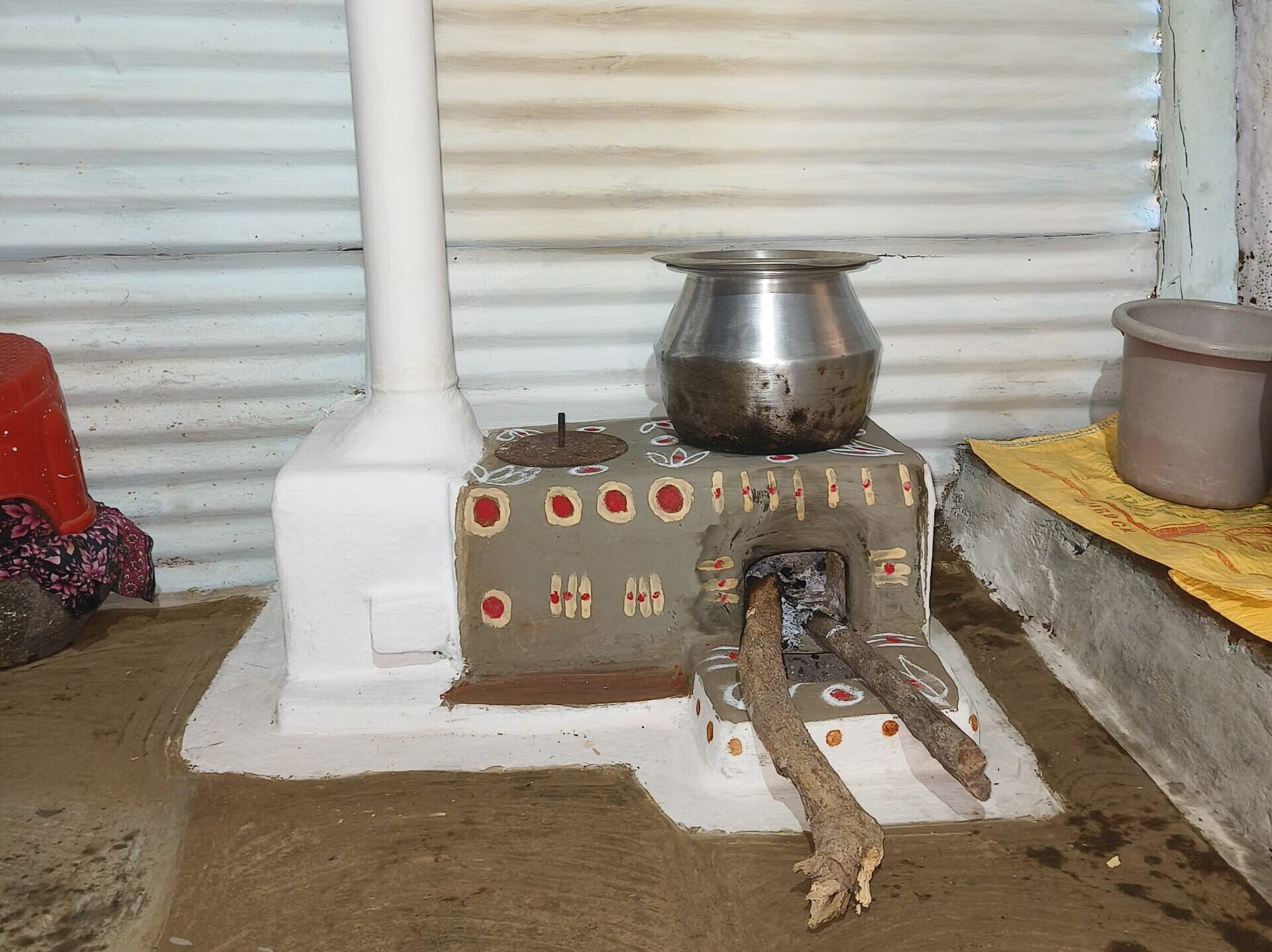

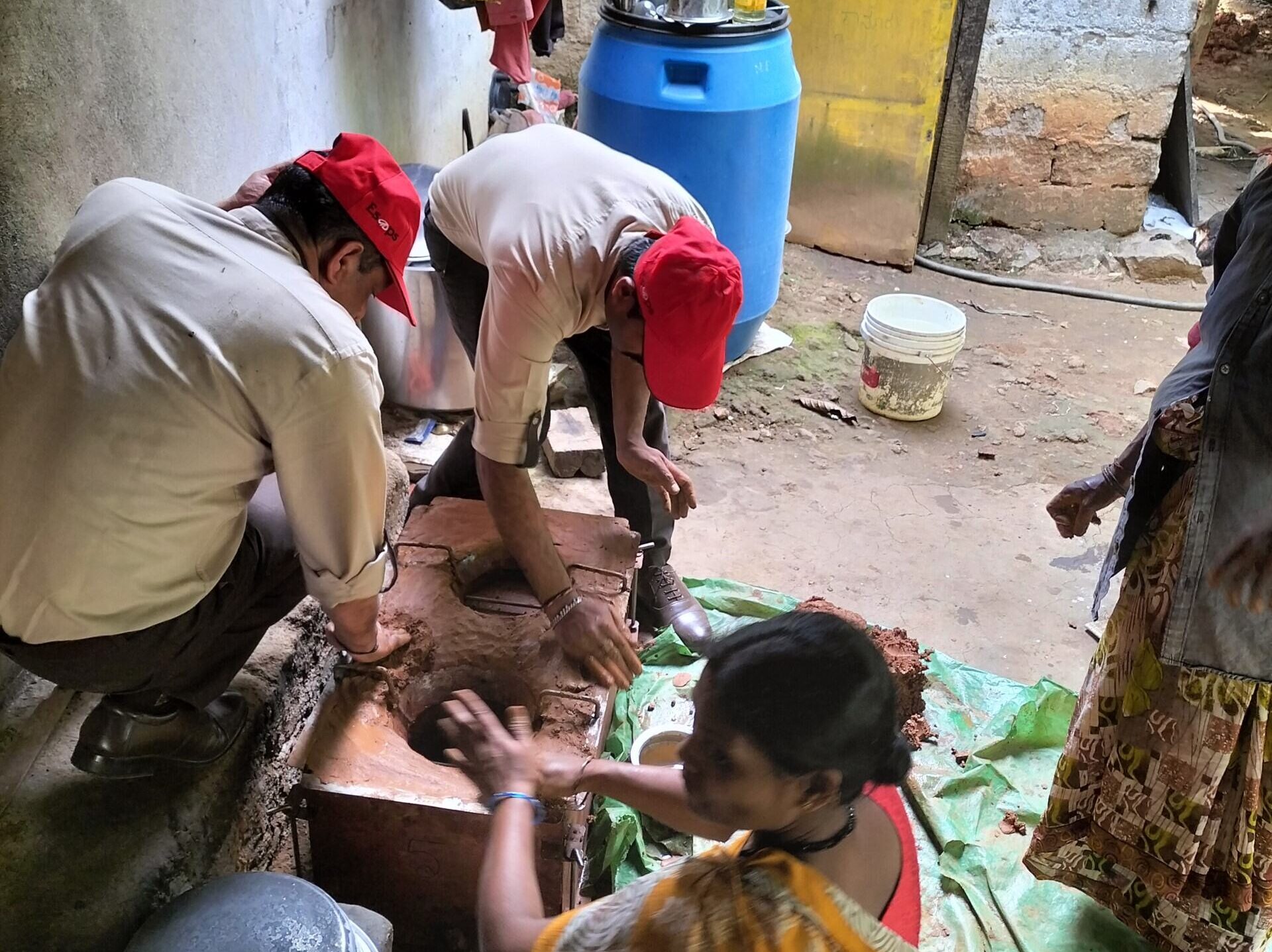

Problem statement
Goals and objectives
The project seeks to achieve climate mitigation and awareness by fostering income generation through stove-building activities, along with associated co-benefits.
- Mitigation efforts to address climate change –
-
- Reduction in fuelwood consumption and carbon emissions: The Sarala cookstove’s enhanced design achieves a 40% reduction in fuel consumption compared to traditional stoves, thereby mitigating emissions of PM2.5, carbon monoxide, carbon dioxide, and other hazardous gases, thus benefiting environmental quality.
- Preservation of forests: A significant proportion of traditional cookstove users rely on forest wood resources. By minimising fuelwood requirements, the Sarala cookstove promotes sustainable and resource-efficient cooking practices, aligning with conservation efforts aimed at preserving forest ecosystems.
- Improved indoor air quality: The Sarala cookstove’s fuel efficiency results in a substantial decrease in indoor air pollution. Requiring 40% less biomass than traditional stoves, it emits reduced smoke. Enhanced fuel combustion and installation of a natural draft chimney minimise indoor smoke, thereby enhancing living conditions and reducing the household environmental footprint.
- Contribution to climate change awareness: The project makes a positive environmental impact by reducing community reliance on firewood and biomass. Implementation efforts have heightened awareness of carbon emission mitigation and underscored the importance of sustainable practices in combating climate change.
-
- Income generation opportunities through stove building activities – In rural areas, Sarala stoves are constructed by both men and women, with chimney installation managed by youth from beneficiary communities. TIDE facilitates training sessions for interested individuals—women, men, and youth—in stove construction and installation processes, thereby ensuring rigourous quality control measures. These activities contribute to augmenting household income within the project area, as each participant engaged in stove construction or pipe installation receives corresponding remuneration.
- Other related co-benefits from the projects are as listed below –
- Reduced drudgery of rural women: The implementation of improved cookstoves has significantly alleviated the traditional burdens faced by rural women, particularly in terms of continuous collection of firewood and biomass.
- Promoting better living conditions: The adoption of cleaner cooking technologies, resulting in reduced reliance on firewood and biomass, has led communities to spend less time in forest environments gathering wood. Consequently, this reduction in exposure time has mitigated the risks associated with human-animal conflicts.
- Digital literacy and data collection: The project employs a data-driven approach, employing community surveys to inform the selection of villages and households. Youth are trained to utilise electronic handheld devices for precise data acquisition and are remunerated per survey conducted.
- Financial inclusion: Payments are directly disbursed into individual bank accounts, thereby fostering financial inclusion and enhancing financial literacy among beneficiaries.
The Sarala stove project is built on integrity and appropriate technology, ensuring its effectiveness. From pre- to post-installation, all activities are meticulously planned to achieve the desired environmental and social impact. Having successfully implemented over 3000 Sarala cookstoves, the project serves as a replicable model for other regions facing similar challenges. This scalability is essential for broader impact and sustainable change beyond the initial implementation area. The project requires engagement of TIDE and the local community partner.
Community led approach to Sarala cookstove implementation:
-
-
- Evidence-based baseline assessment: Before implementing Sarala stoves, a thorough needs assessment is conducted in targeted households, gathering robust data on cooking practices, fuel consumption, and socio-economic context. This includes both quantitative and qualitative data, alongside environmental factors like biomass availability and ecosystem impact. This comprehensive approach tailors the intervention to each community’s specific needs and challenges, ensuring responsiveness to real community needs through data-driven insights.
- Awareness campaign tailored to local context: Raising awareness about improved cookstoves is vital, and hence TIDE’s campaign is tailored to the local context, respecting cultural sensitivities and addressing community-specific concerns. This personalised approach ensures that the information resonates, fostering community ownership and understanding of the benefits of transitioning to Sarala stoves. The baseline assessment, awareness campaign, and identification of houses are done by TIDE with support from the local community partner.
- Community involvement in stove construction: To ensure sustainability and empower the community, interested women and men are identified to undergo training for the construction of Sarala cookstoves. This participatory approach not only imparts valuable skills to community members but also establishes a sense of ownership and responsibility. The construction process becomes a community-driven effort, fostering a spirit of self-reliance and skill development. There are various community roles involved in constructing each stove, e.g., stove builder, pipe installer, supervisor, community enabler, coordinator and surveyor. The orchestration of the field team is done with support from TIDE’s community partner.
-
-
-
- Feedback and continuous improvement: Regular feedback loops are integral to the success of the project implementation. Community input is actively sought at all stages, from stove construction to usage. Feedback from households is collected by surveyors selected from the community, reported to the team of community partners who in turn curate and share the information with TIDE.
- Endline assessment for impact evaluation: An endline assessment is conducted to rigourously evaluate the impact of the Sarala cookstove implementation. This assessment extends beyond mere evaluation of stove adoption rates, encompassing comprehensive measurements of its effects on indoor air quality, fuel consumption, socio-economic conditions, and community resilience.
-
About the organisation
Technology Informatics Design Endeavour (TIDE) focuses on leveraging technology for social and environmental benefits. For over 30 years, TIDE has implemented technological solutions to conserve the environment, create livelihoods, and address societal issues. Their projects span various domains, including sustainable energy, water management, and climate education. TIDE emphasises community engagement, skill development, and data-driven decision-making to ensure sustainable and impactful outcomes. With a strategic approach and numerous awards, TIDE continues to drive innovation and foster partnerships for the greater social good. TIDE has an active FCRA registration and CSR approval along with all other necessary permissions as per Indian laws. All past audits and annual reports are available in the website.






